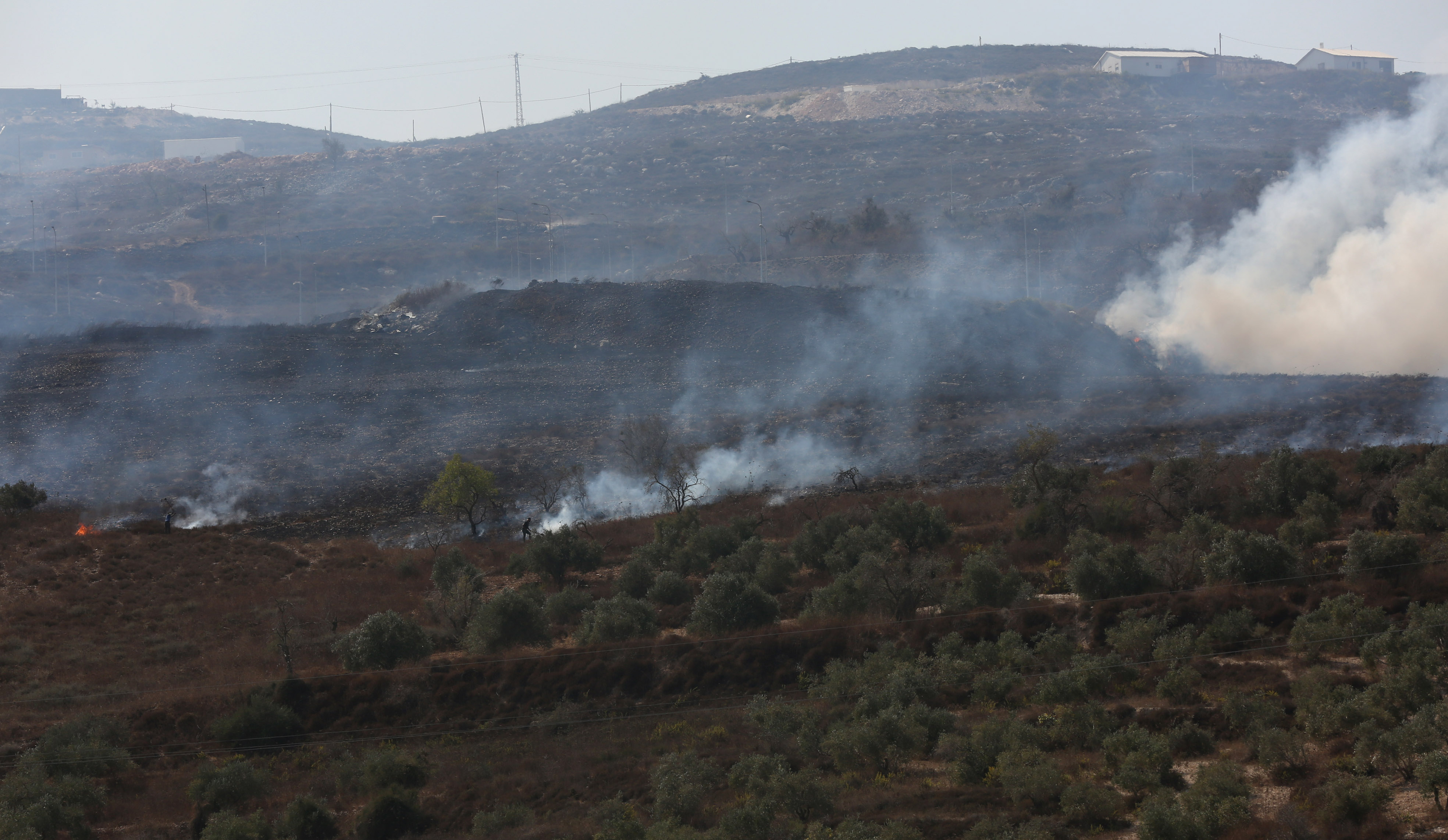HAIFA, February 7, 2017 (WAFA) - The Arab Center for the Advancement of Social Media (7amleh) Tuesday said racist and provocative posts by Israeli social media users more than doubled in 2016 when compared to 2015.
The research revealed that 60,000 Israeli internet users wrote at least one post containing either racism or hatred towards Arabs and Palestinians.
It identified 675,000 racist or provocative posts against Arabs on social networks, which were uploaded at the rate of one post every 46 seconds throughout 2016. The research found that the majority of these posts were published on Facebook.
Nadim Nashif, the Director of 7amleh said, “This report contains a message to the decision makers on these social media networks to halt the biased and dual policies. The report also calls on social media networks to stand firm against the incitement and violations hosted on their sites against Arabs, and to deal with, on a serious level, risks induced as a result of this incitement.”
According to Facebook policies and regulations, there is nothing which justifies the continuation of 60000 accounts and pages full of hatred and incitement on its website.
The center suggested that the escalation in hate speech led by Israeli senior officials and state media has left a great impact on Israeli public internet users.
“The incitement seen in the content written on the internet seemed to rise as the Israeli leadership increased incitement and hatred in their public addresses,” it said.
The research said the trend was evident when “Arabs were widely accused of the arson in Israel in November 2016, and again as the Minister of Culture and Sport of Israel made racist remarks towards the national Palestinian poet Mahmoud Darwish and the rapper, Tamer Nafar, following the latter’s performance at the Ophir Awards ceremony.”
Another example the center offered was related to the case of Israeli soldiers Elor Azaria, who was supported by many political leaders despite being found guilty of manslaughter after he fired a bullet to the head of an unarmed and wounded Palestinian man in Hebron.
“This increase in animosity was also visible throughout the duration of the case of Elor Azaria,” it said.
The results of the research indicated that the Israeli media is the main source of information to the targeted sample. “It is noticed that posts containing hatred and incitement are mainly directed at Palestinian politicians, who are frequently mentioned in the Israeli mass media and by Israeli politicians.”
Sixteen thousand posts were aimed atArab Knesset member, Haneen Zoabi, including insults and incitement to murder, while Knesset member Ahmed Tibi was subjected to 40,000 posts, closely followed by the Palestinian President Mahmoud Abbas with 30,000 and Ayman Odeh with 25,000.
“[Knesset Member] Basil Ghattas was verbally abused in 15,000 posts each. Furthermore, Abnaa Sakhnin Football Club was singled out in 14,000 posts.”
7amleh said the research was conducted in light of an Israeli campaign, which aimed to place the blame for incitement to hatred on Palestinians.
It said the campaign led to the arrest of many Arab and Palestinian activists’ social media accounts being removed.
“Israel, under the pretext of this campaign, is also claimed to have made censorship agreements with Facebook and Google, asking them to transfer users’ data to Israel. This campaign has also led to enacting laws that force social media companies to comply with Israel‘s policies and interests, further discriminating against the digital rights of Palestinians.”
It stated that Israel has more than 200 criminal files against Arab and Palestinian activists charging them with incitement on the internet, while almost not a single case of incitement has been opened against Israeli instigators.
“This policy appears to give a green light for Israeli social media users to continue and escalate their extremism in the virtual sphere, meaning that this phenomenon will only continue to aggravate.”
M.H











